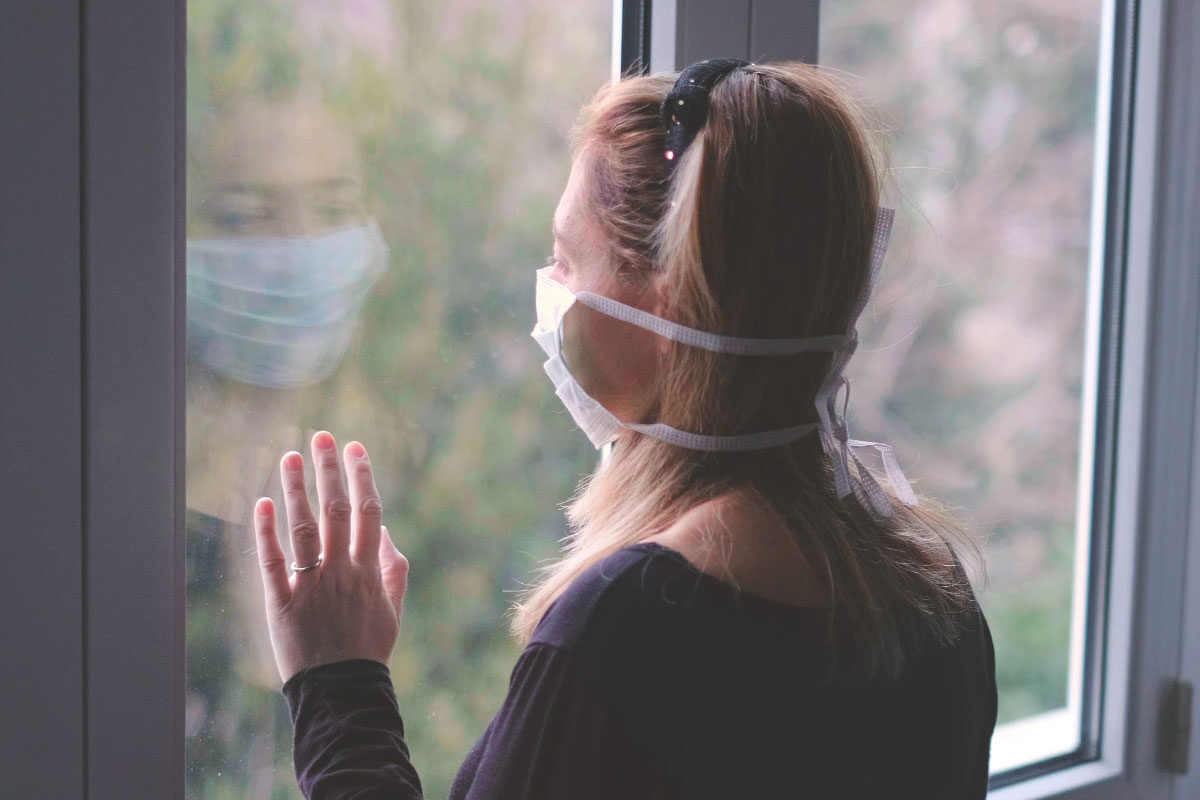According to the Alzheimer’s Association…
As the number of older Americans grows rapidly, so too will the number of new and existing cases of Alzheimer’s. By 2050, the number of people age 65 and older with Alzheimer’s dementia may grow to a projected 13.8 million, barring the development of medical breakthroughs to prevent, slow or cure Alzheimer’s disease.
This is a very staggering statistic that impacts so many ranging from the individual to family and friends. The progression of this disease can cause individuals to struggle daily with common tasks leading to frustration and agitation in the home. Working with my clients I have found several consistent concerns that people have. Here are some helpful tips that can help reduce those frustrations many are facing everyday.
- Always put items in the same place so you won’t have to look for them and waste time. Place keys and cell phones in the same locations. Placing items in the same place establishes consistency and reduces those moments of frustration.
- Use a specific pocket, purse, or container placed on the counter for easy access. Having a specific place for items can provide a visual cue and increase recall of information.
- Follow the same daily routines. Having a consistent routine can help increase independence at home.
- Put items away in an organized fashion to save time. Organization can reduce anxiety and speed up time to find needed items.
These strategies sound simple but go a long way. The more these strategies become a habit the more successful you will feel.



